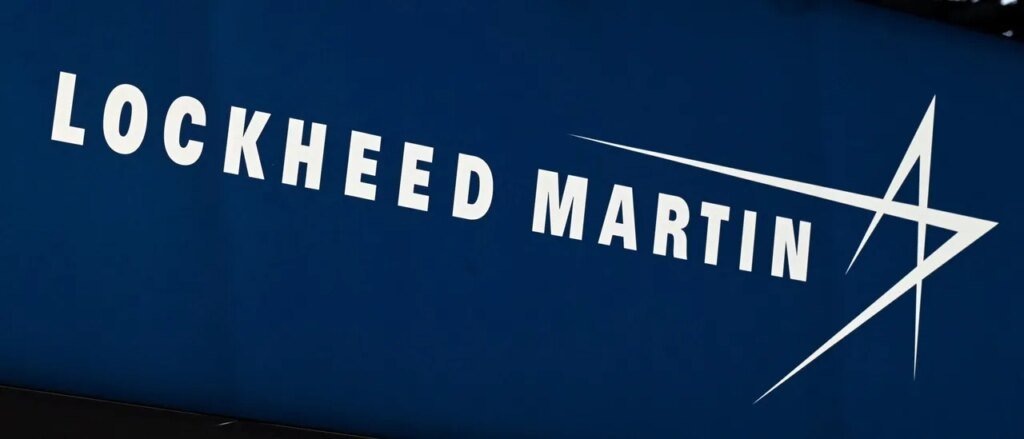Concerns Over Military Readiness and Contractor Ideology
During a recent address to military leaders, Army Secretary Pete Hegses criticized the military’s increasing focus on ideological issues, arguing that the priority should be on readiness and effectiveness instead. This idea resonates with many Americans who believe that military preparation must come before any ideological battles. Even more concerning is the influence of civilian contractors in the defense sector, which has raised questions about national security and the integrity of military equipment production.
Activism in the Defense Sector
The five largest U.S. government contractors—Lockheed Martin, RTX, General Dynamics, Boeing, and Northrop Grumman—are key players in military procurement. Instead of uniting to advance technological development, many of these companies have succumbed to activist pressure. For instance, the Human Rights Campaign, a significant force in corporate activism, exerts influence by pushing radical LGBTQ policies on businesses. Four of the five major defense contractors have received high scores on the HRC’s Corporate Equality Index, showing compliance with various activist guidelines.
- Recruiting practices favor LGBTQ policies.
- Mandatory training sessions for employees on related issues.
- Coverage of transgender-related medical expenses.
- Support for LGBTQ organizations or events.
- Endorsement of LGBTQ+ legislation at various government levels.
This pattern is evident as four of the defense contractors also endorsed a notable business roundtable statement from 2019, suggesting a broader corporate responsibility beyond just shareholders. This shift has led to significant funds being redirected towards social justice initiatives, with billions pledged to organizations focused on diversity, equity, and inclusion (DEI).
According to a corporate bias assessment database, these contractors are seen as “high risk” due to their engagement in political activities that could alienate consumers and negatively impact shareholders. Even General Dynamics, which is rated as “medium risk,” still actively participates in promoting activist philosophies.
Impacts of DEI on Procurement
The intertwining of ideology and defense contracting isn’t merely an internal corporate issue; it affects the fundamental procurement processes as well. For years, federal regulations have mandated that contractors demonstrate diversity in their hiring and business practices. This has led to compliance measures that some argue detract from merits like skill and experience.
This raises a troubling question: How can the nation be assured of its military preparedness when major suppliers are expending resources on social initiatives rather than focusing on their core mission?
It’s important to note that many contractors have felt pressured to align with these ideals to secure federal contracts, but with changing legal standards, there’s less justification for such practices now.
New Directions from the Justice Department
Recently, the Department of Justice issued new guidelines emphasizing that discriminatory DEI practices are unlawful. Actions such as race-based hiring, preferential training, and scholarships are now prohibited. Even seemingly neutral criteria can be viewed as illegal if they substitute for race or gender considerations. The Department encourages a focus on qualifications and skills instead.
A Call for Accountability in the Defense Sector
Defense contractors play a unique role in supplying the U.S. military, and their prioritization of social issues over effective military preparation poses a risk to both service members and taxpayers. Secretary Hegses is correct in calling for a shift away from this ideology. It’s crucial for contractors to focus on their primary mission and deliver the best possible military equipment, rather than catering to activist agendas.
If these companies wish to continue receiving taxpayer support, they must commit to excellence in military production, not just aim for favorable assessments from activist groups.







